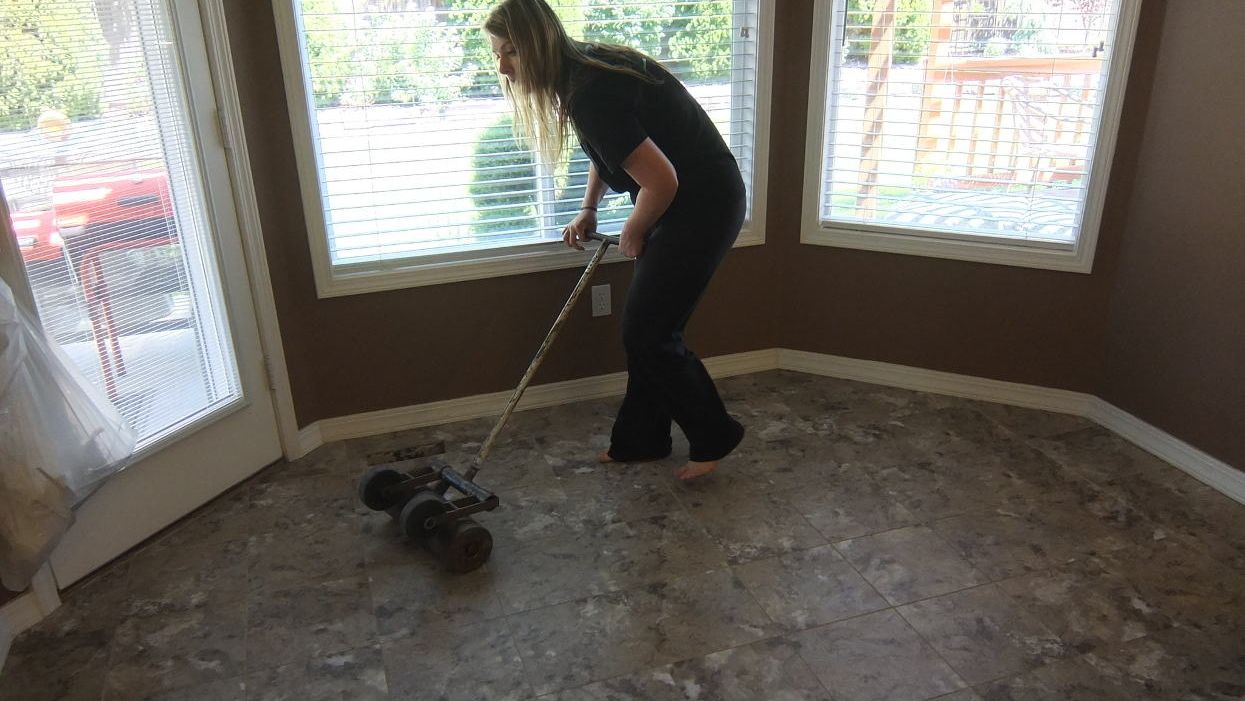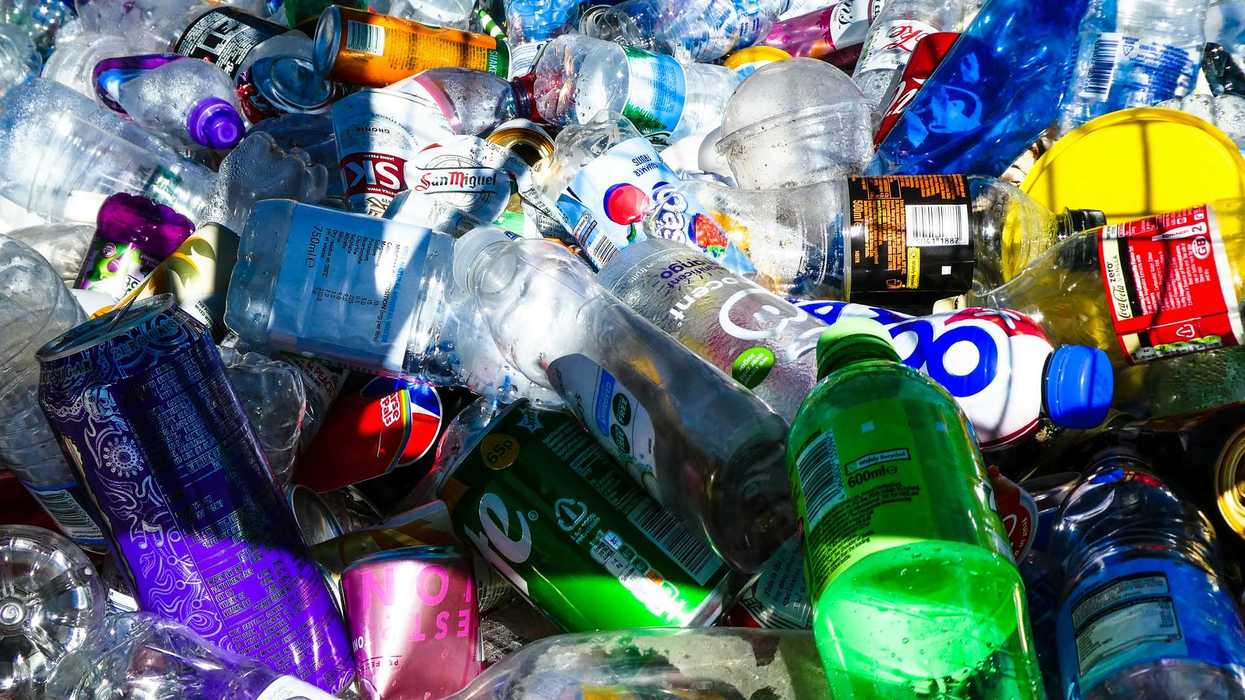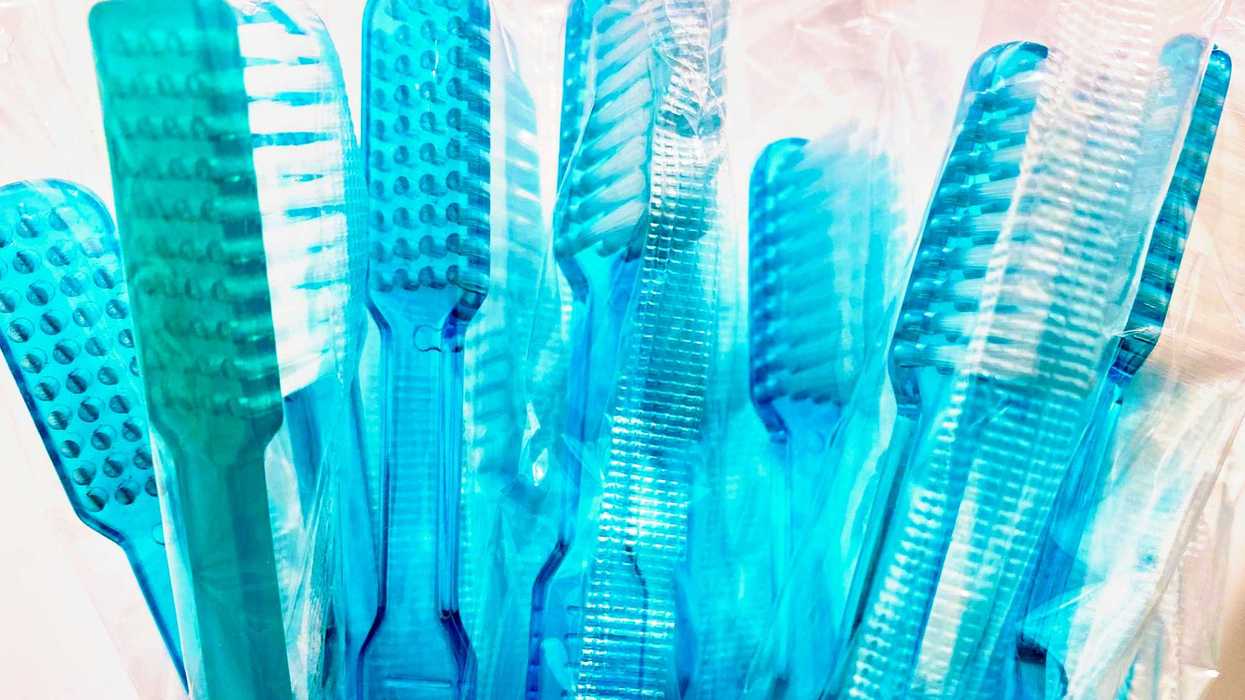Four years after environmental and health advocacy groups reported harmful phthalates in vinyl flooring sold at popular stores, recent tests show the pressure to remove these hormone disrupting compounds worked.
The four organizations behind the testing—Ecology Center, Safer Chemicals Healthy Families, the Environmental Health Strategy Center and Healthy Building Network—today announced that in 2018 they tested 10 vinyl floor tiles from The Home Depot, 13 tiles from Lowe's and three tiles from Lumber Liquidators. Their tests found no traces of the chemicals.
The report comes four years after the groups' 2015 tests found 58 percent of vinyl floor tiles purchased from Ace Hardware, build.com, Lowe's, Menards and Lumber Liquidators contained phthalates. After those tests the environmental groups lobbied stores to remove the chemicals—linked to hormone disruption, asthma, birth defects, learning disabilities, reproductive and liver problems and certain cancers—which can leach from the materials and get into people.
The Home Depot was first to agree to a phase-out, quickly followed by the other stores.
The authors of the new report estimate "tens of millions of pounds" of phthalates were removed through these actions.
It wasn't all good news: The report found some tiles still contain elements, such as the heavy metal cadmium, which is probably due to sourcing recycled plastic electronic waste. Though, they note, the levels of these indirect contaminants were much lower than what was found in the 2015 tests.
In addition, in place of phthalates they did find replacement plasticizer compounds that are touted as safer alternatives though nascent research suggests they might also interact with hormones, the groups say.
Nonetheless, they commended the retailers on tackling the entire class of compounds, rather than replacing phthalates with other phthalates.
"We look forward to tackling the next categories of remaining uses of these dangerous chemicals sold at retail to slam the door on phthalates once and for all."
See the full report here.
















